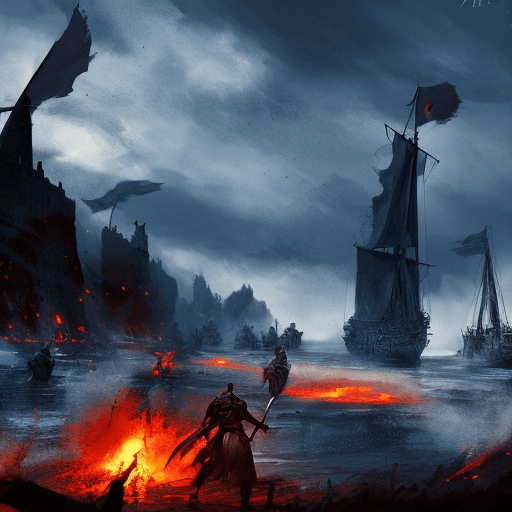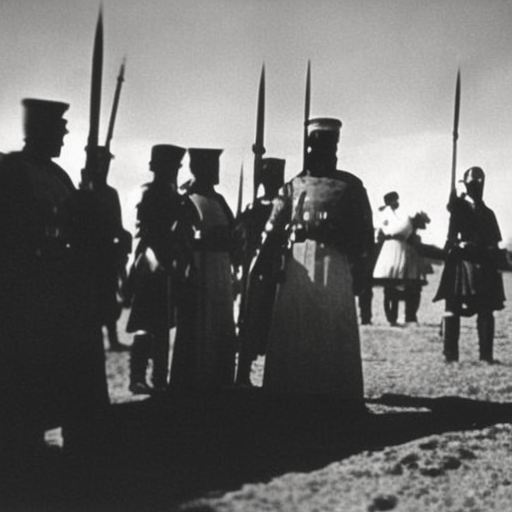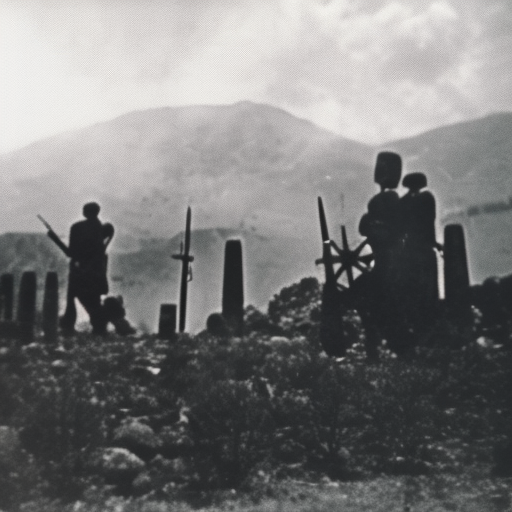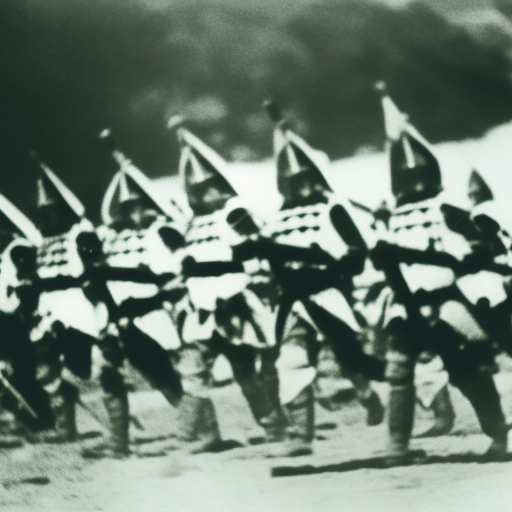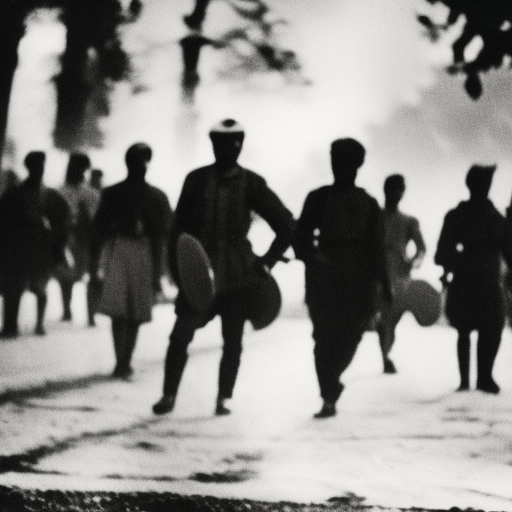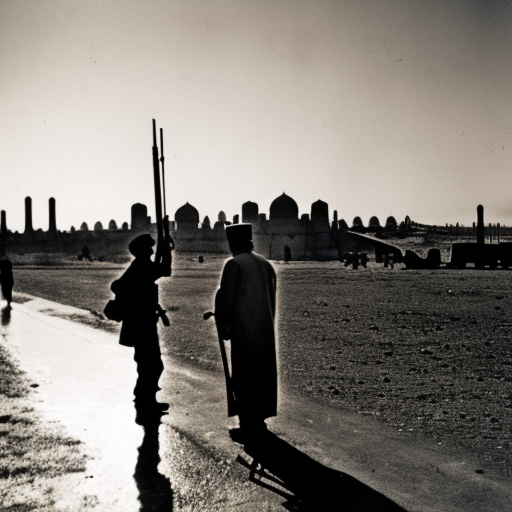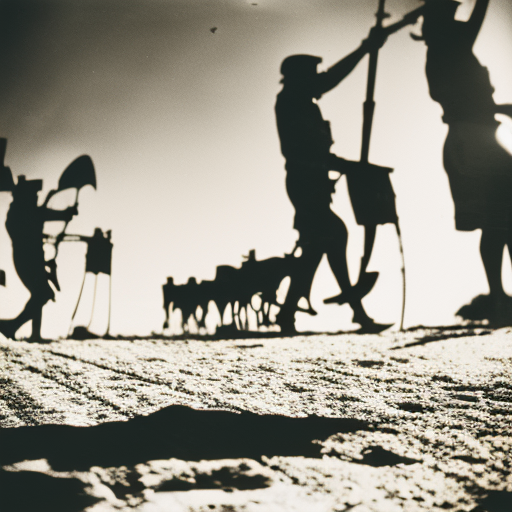The Conquest of Gaul” by Gaius Julius Caesar is a detailed account of Caesar’s military campaigns and conquest of Gaul, providing insights into his strategic brilliance and leadership.
The Gallic Wars led by Julius Caesar Explained
Julius Caesar’s military campaigns against the Gauls, resulting in Roman conquest and significant political and military advancements.
The Peloponnesian War (431-404 BC) Explained
The Peloponnesian War was a protracted conflict between Athens and Sparta that resulted in the decline of ancient Greece’s political and military power.
The Battle of Thermopylae (480 BC) Explained
The Battle of Thermopylae was a significant conflict in ancient Greece where a small Greek force led by King Leonidas I fought against the massive Persian army, resulting in a heroic but ultimately unsuccessful defense.
The Age of Alexander the Great Explained
The Age of Alexander the Great: A period of immense conquest and cultural diffusion under the leadership of the Macedonian king, Alexander III.
The Battle of Kurukshetra Explained
The Battle of Kurukshetra was a significant ancient Indian conflict described in the epic Mahabharata.
The Punic Wars Explained
The Punic Wars were a series of conflicts between Rome and Carthage that resulted in the rise of Rome as a dominant Mediterranean power.
Mesopotamian campaign Explained
The Mesopotamian campaign was a series of military operations during World War I in which the British Empire sought to gain control over the region of Mesopotamia (modern-day Iraq).
Revolt of the Batavi Explained
The Revolt of the Batavi was a successful uprising by the Batavi tribe against Roman rule in the 1st century AD.
Urartu–Assyria War Explained
The Urartu–Assyria War was a series of conflicts between the ancient kingdoms of Urartu and Assyria over territorial control in the 9th and 8th centuries BCE.
Trojan War Explained
The Trojan War was a legendary conflict between the Greeks and Trojans, sparked by the abduction of Helen of Troy.
Battle of Actium Explained
The Battle of Actium was a decisive naval battle in 31 BC that resulted in the victory of Octavian over Mark Antony and Cleopatra, leading to the end of the Roman Republic and the beginning of the Roman Empire.









